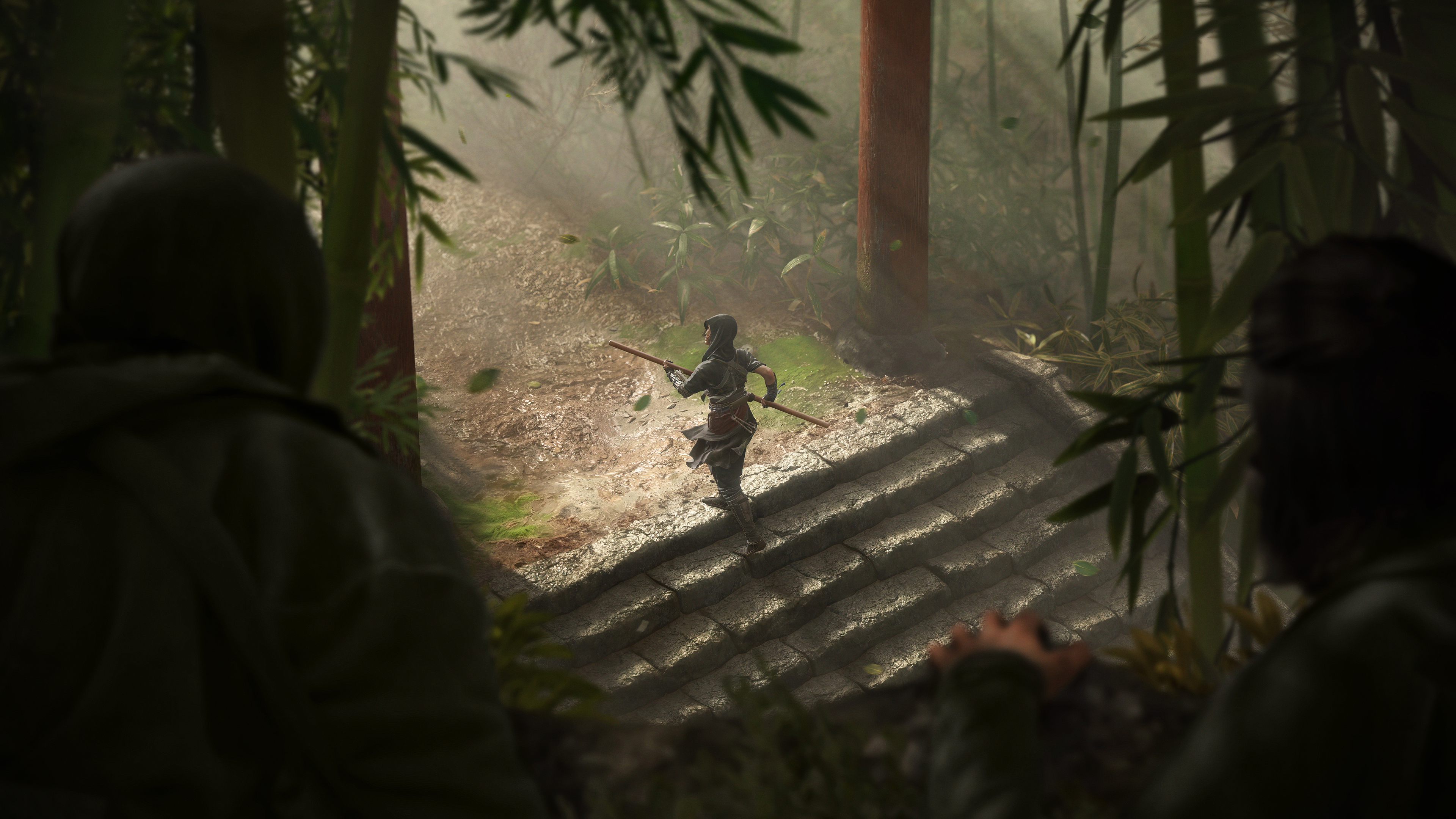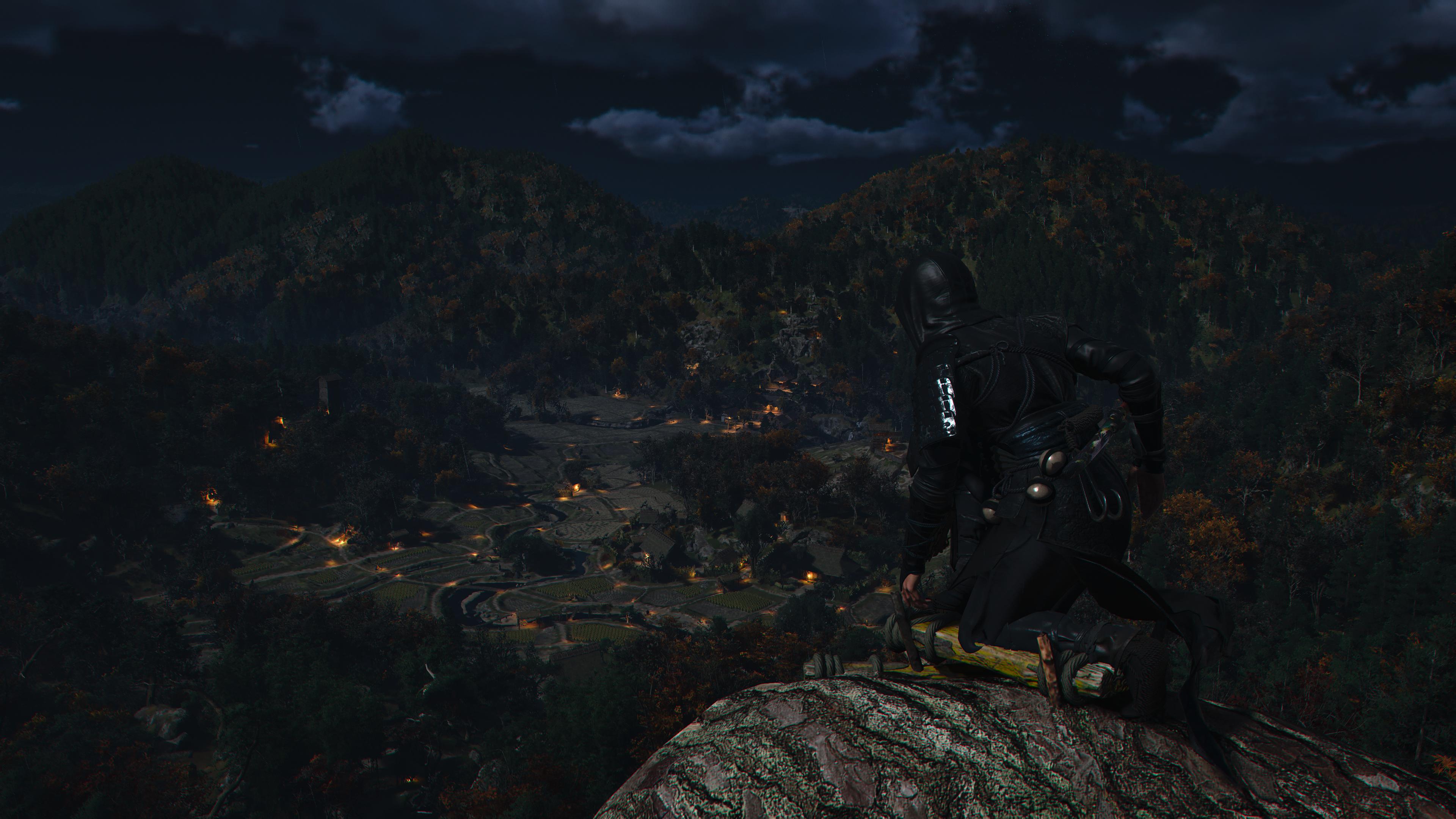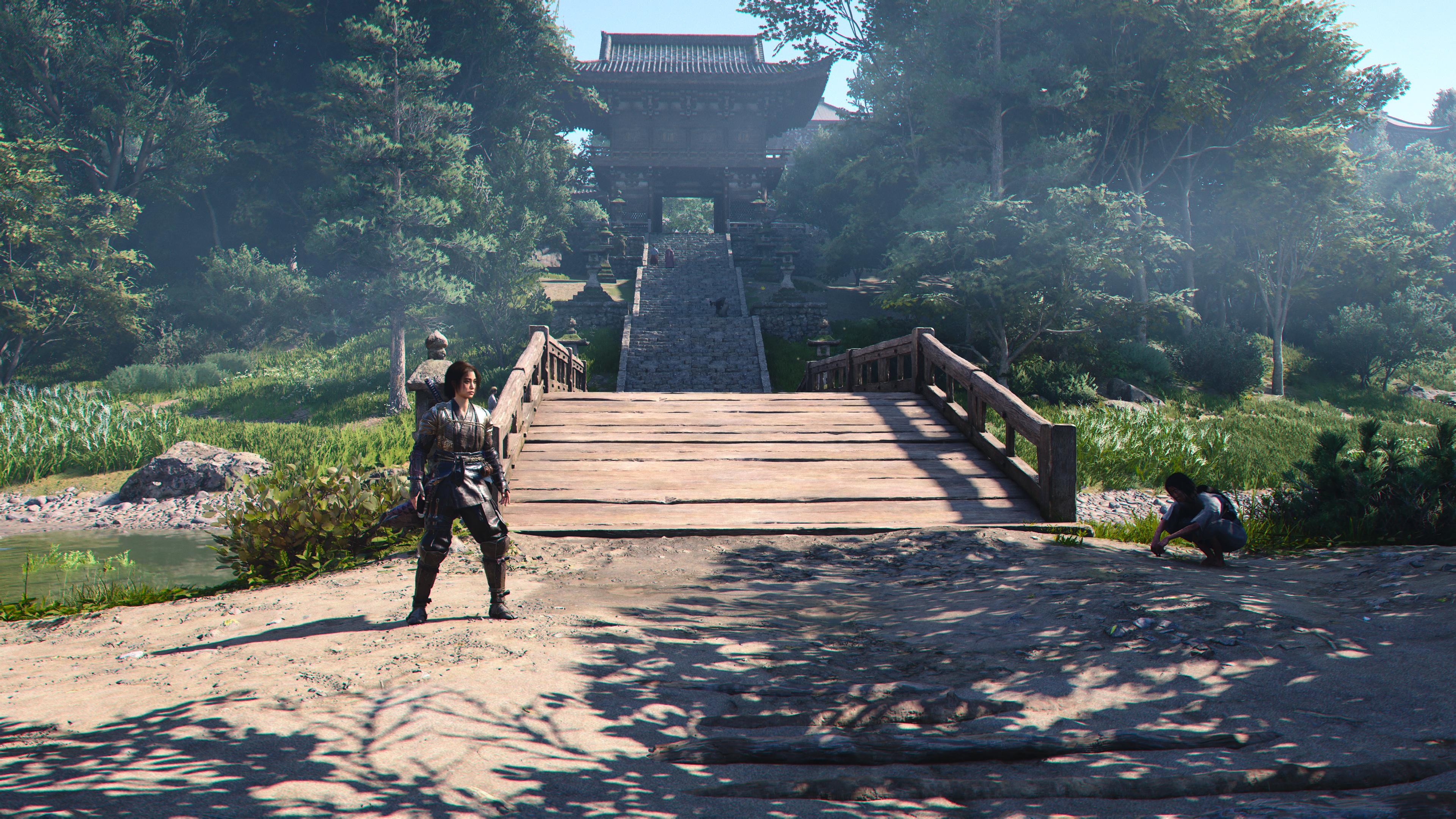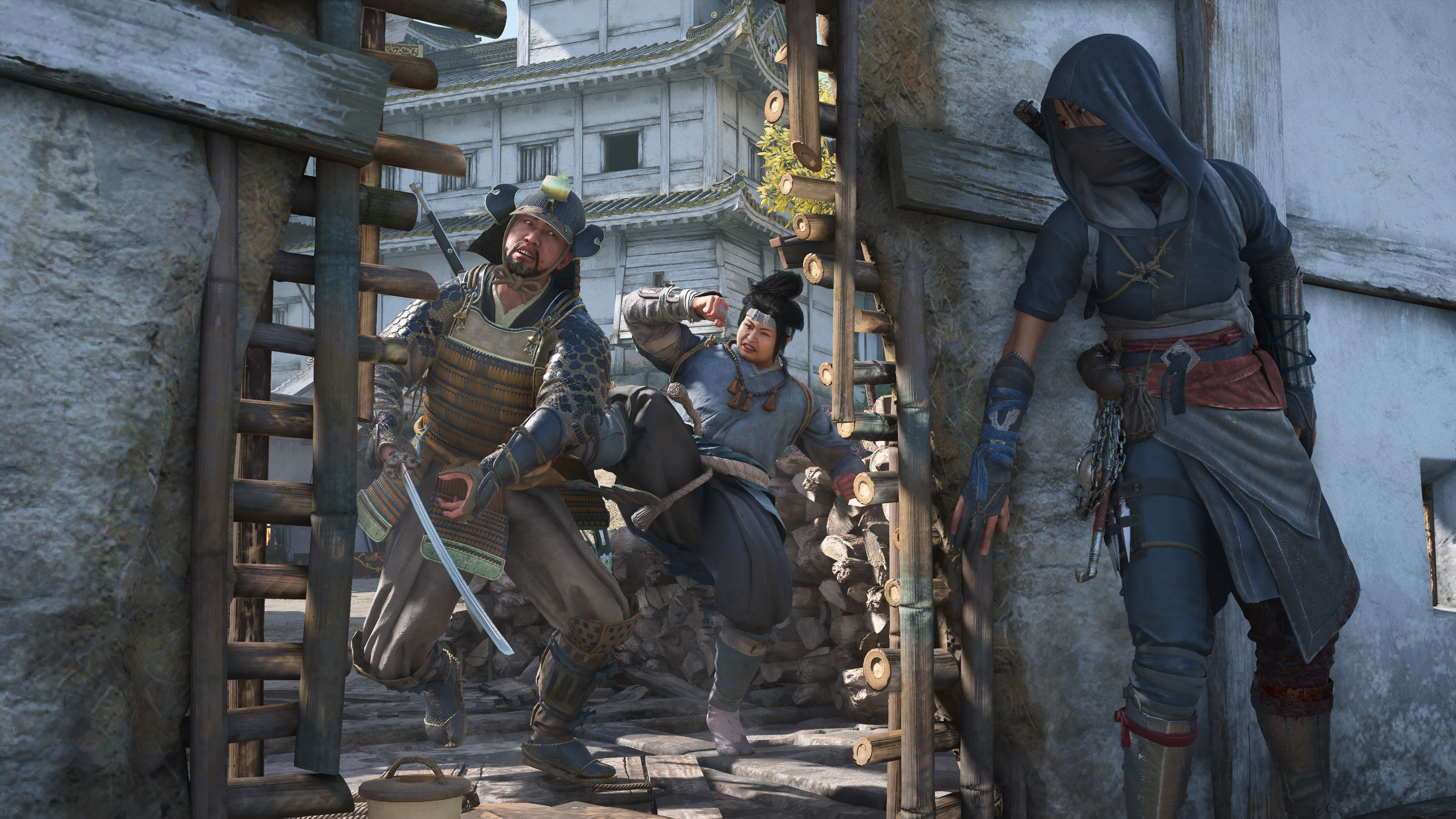
Assassin's Creed is a franchise renowned for a lot of things. Hidden blades and diving into piles of hay spring to mind, but something that often goes underappreciated is its approach to history. Playing the games isn't going to make you pass a degree or anything, but I've learned some weirdly specific history from this series. Most recently, for example, I've discovered that Iga – the ninja-state from Assassin's Creed Shadows – really existed.
In-game, Iga serves as the home of Fujibayashi Naoe, one of the game's protagonists. It's also the setting for a catalyzing event that brings her and Yasuke, the game's other protagonist, together. In reality, Iga ikki, as the state was known, was a republic formed by ninjas who tried to defend their province. This would last until they drew the ire of Oda Nobunaga and his son, Oda Nobukatsu.
More than simply being rooted in history, Assassin's Creed has a way of finding fascinating and untold stories that I'd likely never have learned about otherwise. This has happened across the series, too. Way back in the original game, the Assassin's Fortress of Masyaf Castle was a real place, and it really was occupied by the real-life Assassins during the Third Crusade. The list of true historical events that have inspired moments in the series is kind of mindboggling: the 1715 treasure fleet, the attempted assassination of Queen Victoria, and The Plague of Athens, to name but a few.
Learning with Iga


Assassin's Creed Shadows review: "More confidence, texture, and purpose than we've seen since Assassin's Creed pivoted into RPG territory"
It's a difficult tightrope to walk between entertainment and historical accuracy. This is something that the excellent Kingdom Come: Deliverance 2 has had to battle as well. Where do you draw the line? A lot of the historical eras that it explores were pretty shit if you weren't of the appropriate skin colour, sexuality, or gender. These issues don't tend to go wholly unaddressed, presumably hence the 'made by a multicultural team' disclaimer at the beginning of these games, so that it's not taken in the wrong way. In general, the game leans slightly more into entertainment over historical authenticity, but none of that disavows the undoubtedly mammoth attempt at bringing real elements of history into their games. It tries a lot harder than other historical games, like the original Rome: Total War (one of my favorite games, regardless).
It's Shadows that's given me a real revelation. I'm not particularly clued up on Japanese history beyond certain key facts and what I learned from Bill Wurtz's sensational History of Japan video. I didn't, for example, know much about the fate of Oda Nobunaga, which plays a big role in the game's early hours. Nor did I know about the presence of an African samurai. The game's a great way to find out about certain aspects of history that aren't well-known, even among general history nerds like myself. The games themselves aren't history books and are often pretty anachronistic. However, they're a fantastic option for people who just want to know a little more about history.
These little historical curiosities can serve as springboards for those they snag, giving them an impetus to read a book, watch a documentary, or something else entirely. This is, I think, the right balance for games to approach when it comes to history and, frankly, most other topics. Losing complete focus on the topic at hand just leads to estrangement and the game grating on everyone with even a surface level knowledge of the topic. Go too in-depth and you risk alienating your core audience, who likely won't be historians.

Thread that needle and avoid the dreaded label of 'edutainment', and you'll be rewarded with an interesting world that serves both audiences without overly focusing on one in particular. This could even be found in something as simple as little references – Futurama is a great non-gaming example of this, well-known for including real-life maths in episodes. They can all serve to spark interest and curiosity in the topic.
This brings us, once again, all the way back to Iga ikki. The historical fact, in this case, is not only interesting, it's also really cool. This, of course, is part of the equation as well. The history of small things, of routines and of the mundane, can be interesting in its own right, but it's never going to be enough to hang a game on. You know what will be, though? A state made up of ninjas. Assassin's Creed Shadows is really interesting, despite the faults it sometimes exhibits. Dig into it, learn more about the world and, if something catches your interest, have a dig around – you might just find yourself more invested in the world.
If you need a refresher before diving into Shadows, we've ranked the best Assassin's Creed games







